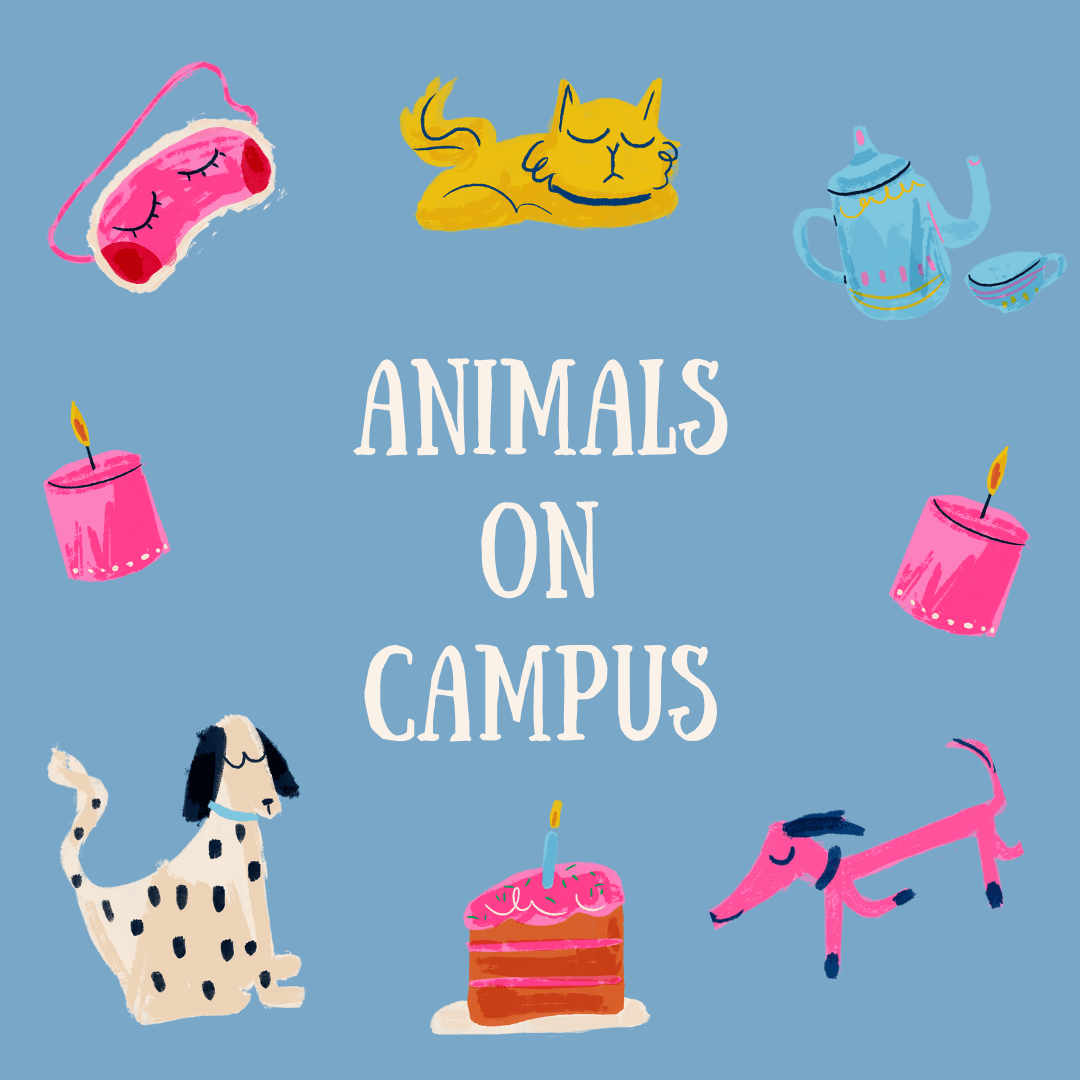Life Cycle Education Through Campus Farm Animals

Table of Contents
Experiential Learning and Animal Husbandry
Understanding the Life Cycle
Understanding the complete animal life cycle – from birth to growth, reproduction, and eventually death – provides a crucial foundation for responsible animal husbandry. Common farm animals like chickens, pigs, cows, and sheep offer excellent case studies.
- Birth: Observe the birthing process (hatching, farrowing, calving, lambing), noting the care required for newborns and the immediate challenges of survival.
- Growth: Track the animal's physical development, noting changes in size, weight, and behavior. Learn about their nutritional needs and how they change over time.
- Reproduction: Understand the reproductive cycle, including mating, gestation, and the birthing process. Discuss responsible breeding practices and the importance of genetic diversity.
- Death: Address the natural end of life, discussing humane practices and the respectful disposal or processing of the animal. This includes conversations about where our food comes from.
By meticulously observing and recording these stages, students develop a profound understanding of the interconnectedness of each phase and the crucial role of responsible animal husbandry in ensuring the well-being of the animals. This includes emphasizing ethical considerations and the humane treatment of animals at every stage of their lives.
Connecting Classroom Learning to Real-World Application
Farm-to-Table Education
Raising animals on campus directly connects classroom learning to the realities of food production and consumption, creating a powerful "farm-to-table" educational experience.
- From Birth to Plate: Students witness the entire process, from the birth of the animal to its eventual processing and consumption. This highlights the effort, resources, and ethical considerations involved in food production.
- Sustainable Food Systems: The program emphasizes the benefits of locally sourced food, reducing transportation costs and carbon emissions. It fosters an appreciation for the connection between food choices and environmental impact.
- Reducing Food Waste: By actively participating in the process, students develop a deeper understanding and respect for the food they consume, leading to a greater awareness of food waste and responsible consumption.
- Curriculum Integration: The experience can enrich several subjects, including science (biology, zoology), agriculture, nutrition, and even social studies (local food systems, economics).
This immersive experience instills a deep appreciation for the origins of their food, promoting responsible consumption and a mindful approach to sustainability.
Developing Essential Skills and Values
Responsibility and Empathy
Caring for animals on a campus farm cultivates crucial life skills, beyond just academic knowledge.
- Responsibility and Empathy: Daily care of the animals fosters a sense of responsibility, empathy, and compassion. Students learn about commitment and the needs of living beings beyond themselves.
- Teamwork and Communication: Working collaboratively in animal care strengthens teamwork and communication skills. Students learn to share responsibilities, delegate tasks, and communicate effectively within a team.
- Problem-Solving and Critical Thinking: Unexpected situations (illness, injury) demand problem-solving and critical thinking. Students learn to assess situations, find solutions, and make informed decisions.
- Observational Skills: Observing animal behavior provides valuable insights into animal communication, social interactions, and individual personalities, enhancing observational and analytical skills.
This holistic approach ensures the development of essential life skills, fostering responsible citizens who are equipped to navigate the complexities of the modern world.
Campus Farm Animals as a Sustainable Initiative
Environmental Benefits
Campus farms play a significant role in promoting sustainable practices and environmental awareness.
- Natural Fertilizers: Animal manure provides a natural and sustainable fertilizer, reducing reliance on chemical fertilizers and their negative environmental impact.
- Reduced Carbon Footprint: Locally sourced food drastically reduces the transportation costs and carbon emissions associated with long-distance food transport.
- Composting and Waste Reduction: Integrating composting and waste reduction strategies within the farm demonstrates practical solutions to environmental challenges.
- Model for Sustainable Agriculture: Campus farms can serve as effective models for demonstrating sustainable agricultural practices to the broader community.
By highlighting the environmental benefits, these programs promote a deeper understanding of the interconnectedness between food systems and environmental sustainability.
Conclusion
Life cycle education through campus farm animals offers a powerful and transformative learning experience. By combining experiential learning with practical application, this approach fosters not only an understanding of animal husbandry and sustainable agriculture but also the development of crucial life skills, including responsibility, empathy, and problem-solving. This holistic model enriches classroom learning, promotes environmental awareness, and prepares students to become responsible and engaged citizens. Learn more about life cycle education through campus farm animals and explore the possibilities of experiential learning with campus farm animals in your community. Discover the benefits of incorporating campus farm animals into your educational curriculum and explore local farms and agricultural initiatives to support these vital educational programs.

Featured Posts
-
 High Level Office365 Breach Leads To Millions In Losses
May 13, 2025
High Level Office365 Breach Leads To Millions In Losses
May 13, 2025 -
 Billy Bob Thornton Defends Ali Larter And Angela Norris A Landman Controversy
May 13, 2025
Billy Bob Thornton Defends Ali Larter And Angela Norris A Landman Controversy
May 13, 2025 -
 Scudetto Race Inter Napoli Atalanta Overzicht And Voorspellingen
May 13, 2025
Scudetto Race Inter Napoli Atalanta Overzicht And Voorspellingen
May 13, 2025 -
 Salman Khans Latest Film A Box Office Bomb
May 13, 2025
Salman Khans Latest Film A Box Office Bomb
May 13, 2025 -
 Fizika I Khimiya V Detskom Sadu Obnovlennye Standarty
May 13, 2025
Fizika I Khimiya V Detskom Sadu Obnovlennye Standarty
May 13, 2025
